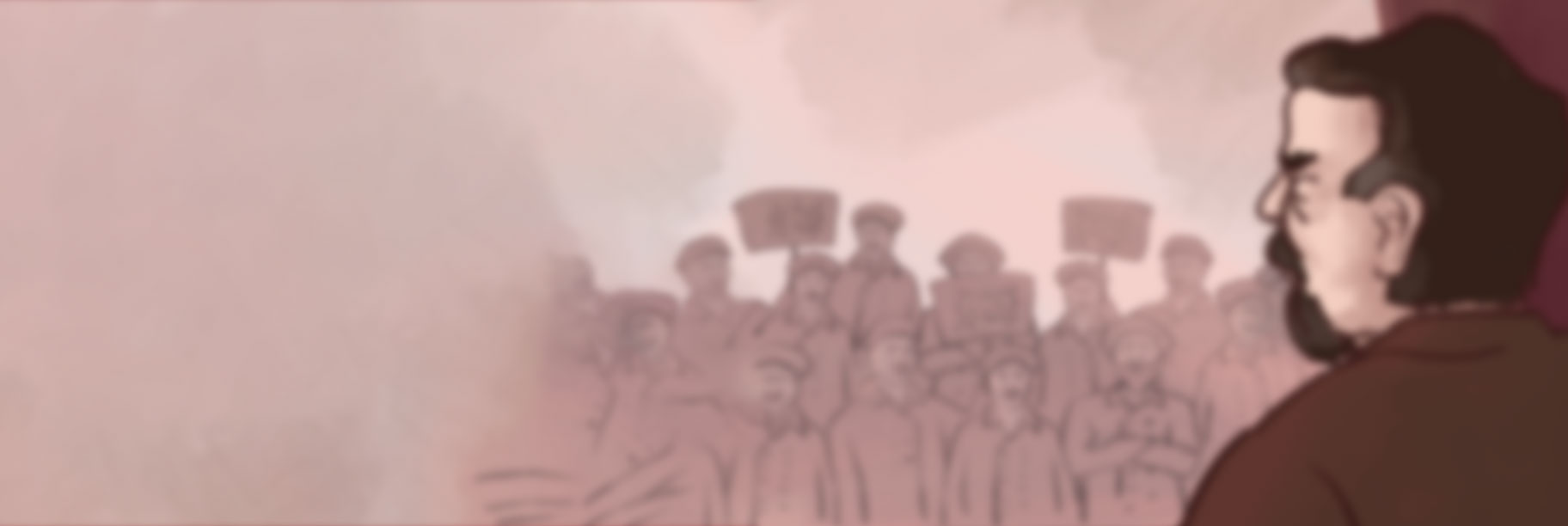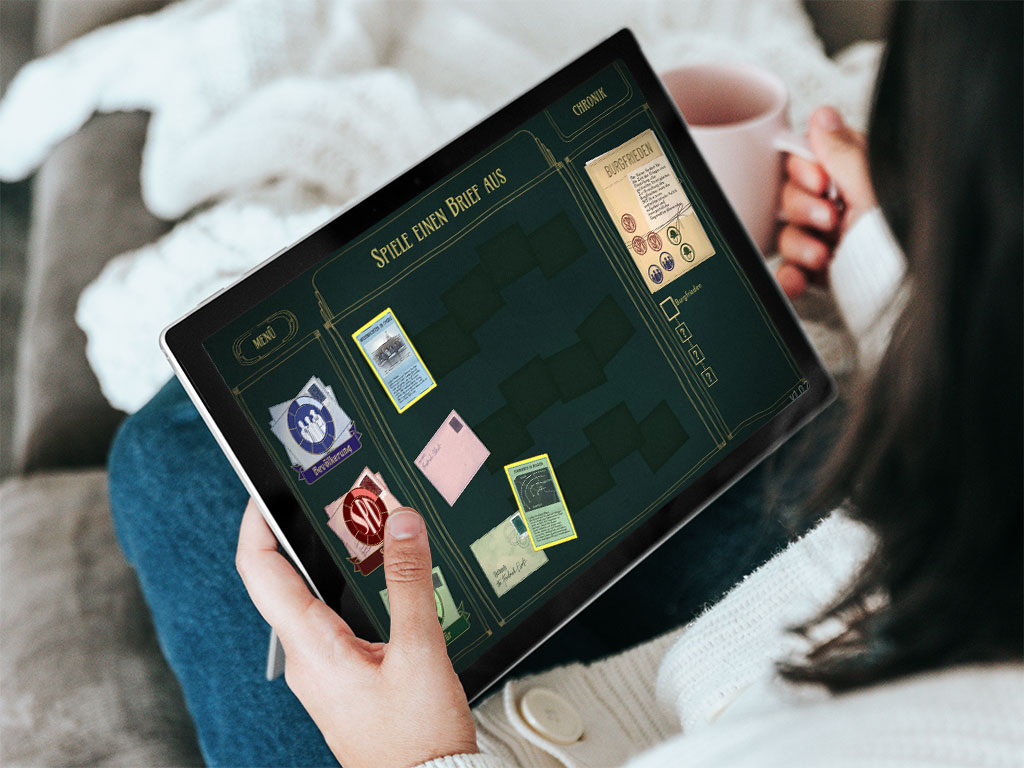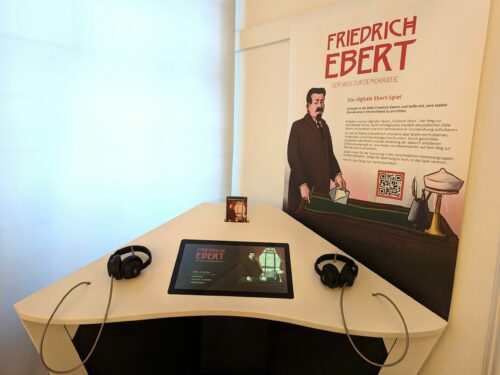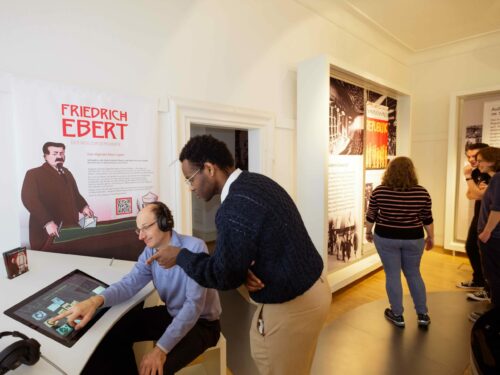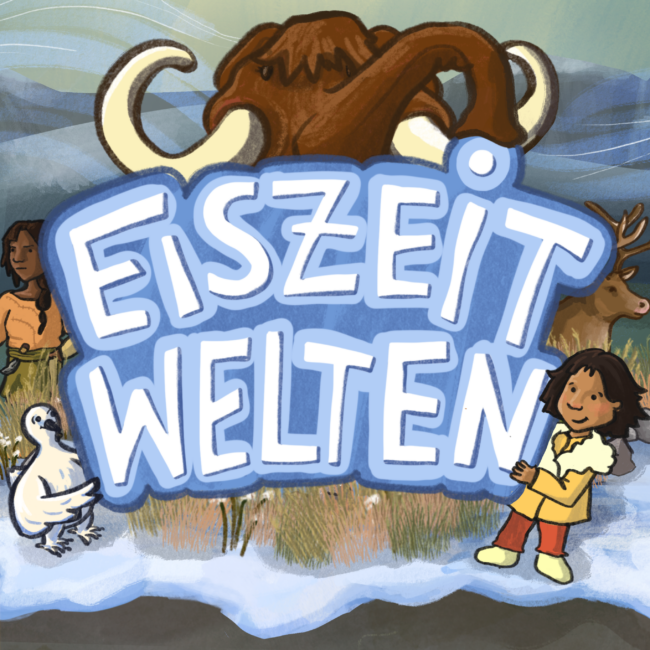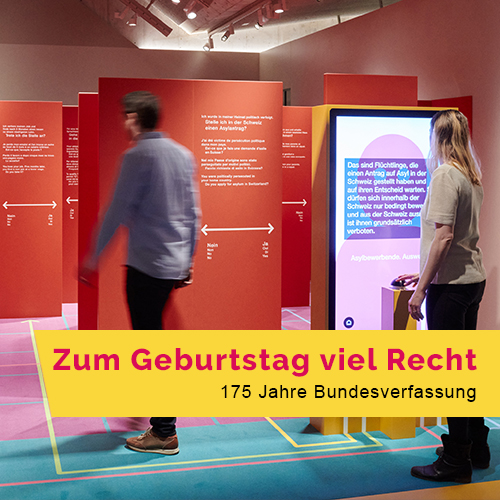Unique access to the life of Friedrich Ebert
The serious game "Friedrich Ebert - The Road to Democracy" enables the players to slip into the role of Friedrich Ebert and to master all challenges in order to build and maintain a stable democracy in Germany. To do this, they deal with correspondence at his desk with concerns from various interest groups. They have to weigh up where there is an acute need for action, i.e. which problem is the most urgent at any given time. If one interest group is neglected too much, the game is lost.
Initiate, develop, create and preserve democracy
In terms of content, "Friedrich Ebert - The Road to Democracy" is divided into four chapters covering the years from 1900 to 1925.
Chapter 1, "Democracy in the Making - The Empire 1900 to 1913" , focuses on the social and political problems of the time and the SPD's efforts to reform the party. It introduces the beginning of Ebert's party political career and accompanies him until his election as chairman in 1913.
The second chapter, "Working for Democracy - The First World War 1914 to 1918" , covers the years of the First World War as a profound turning point and focuses on how the SPD dealt with challenges. Ebert is accompanied here up to his short chancellorship, which lasted only one day.
The third chapter , entitled "Creating Democracy", dexamines the revolution from 1918 to 1919, focusing on the course of the November Revolution and the establishment of a basic democratic order. In contrast to the previous chapters, Ebert now had greater room for maneuver. Toward the end of the chapter, he is elected president of the Reich and signs the constitution.
This is where the concluding chapter 4 comes in. It is entitled "Preserving Democracy - The Early Weimar Republic 1920 to 1925".


